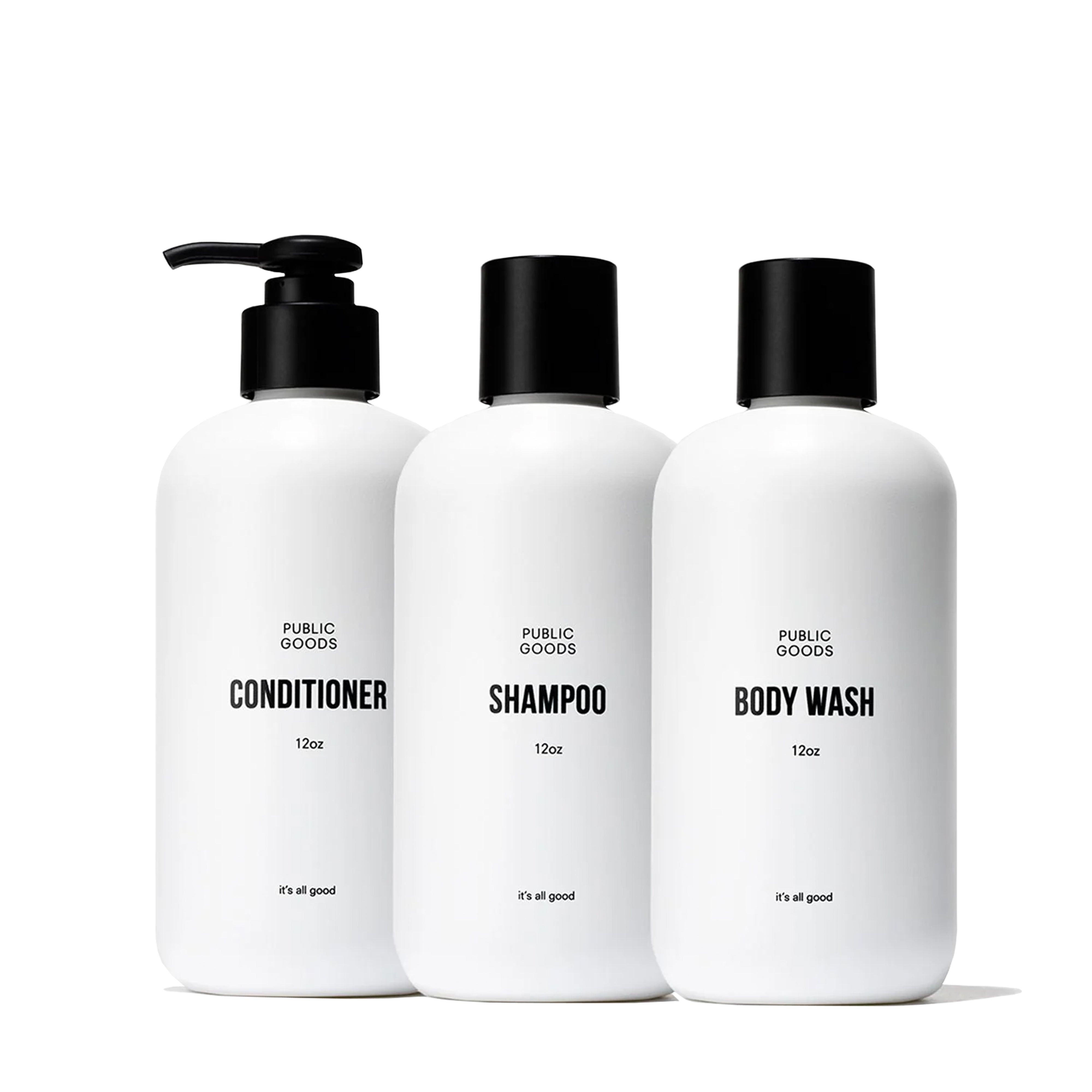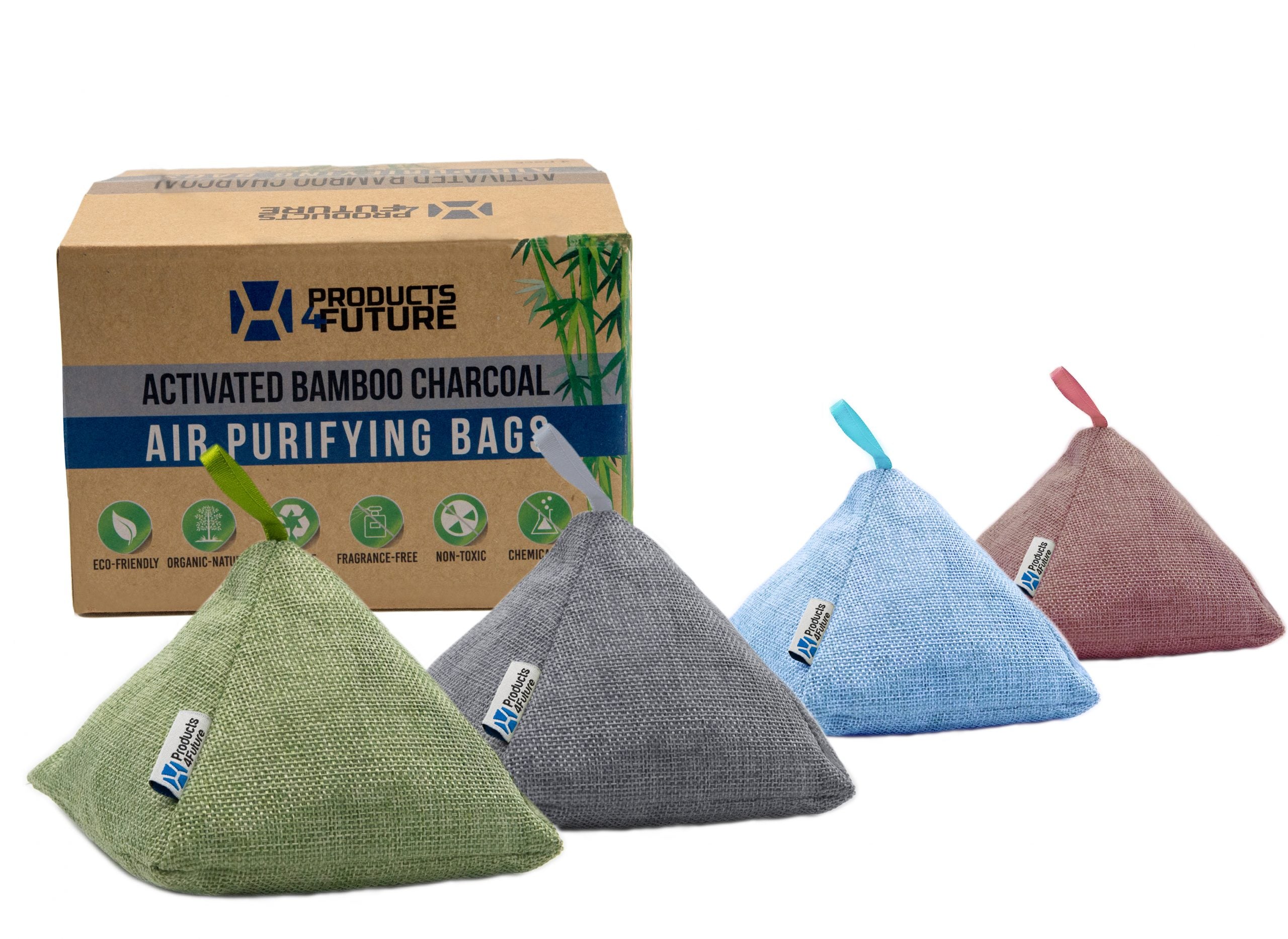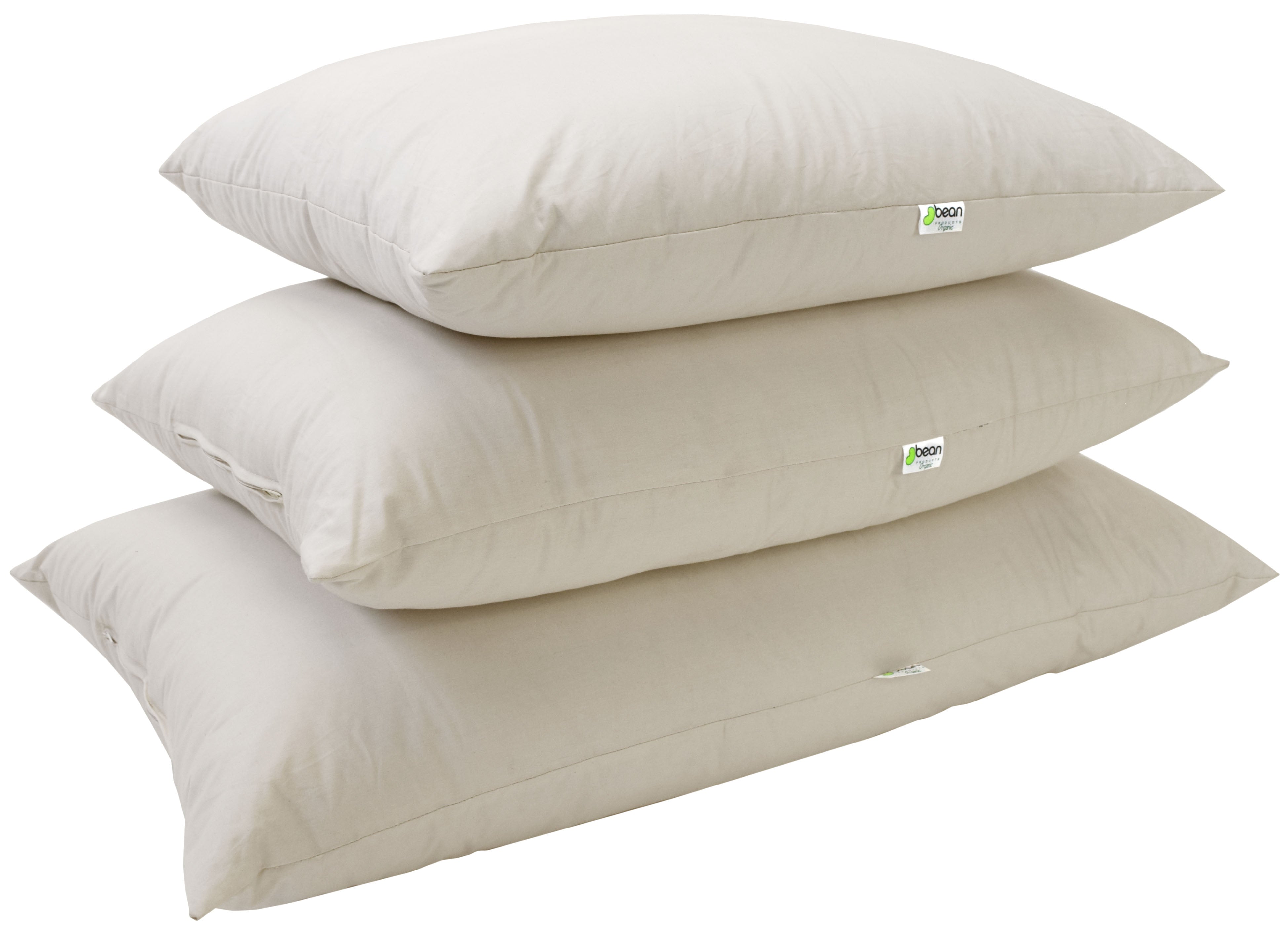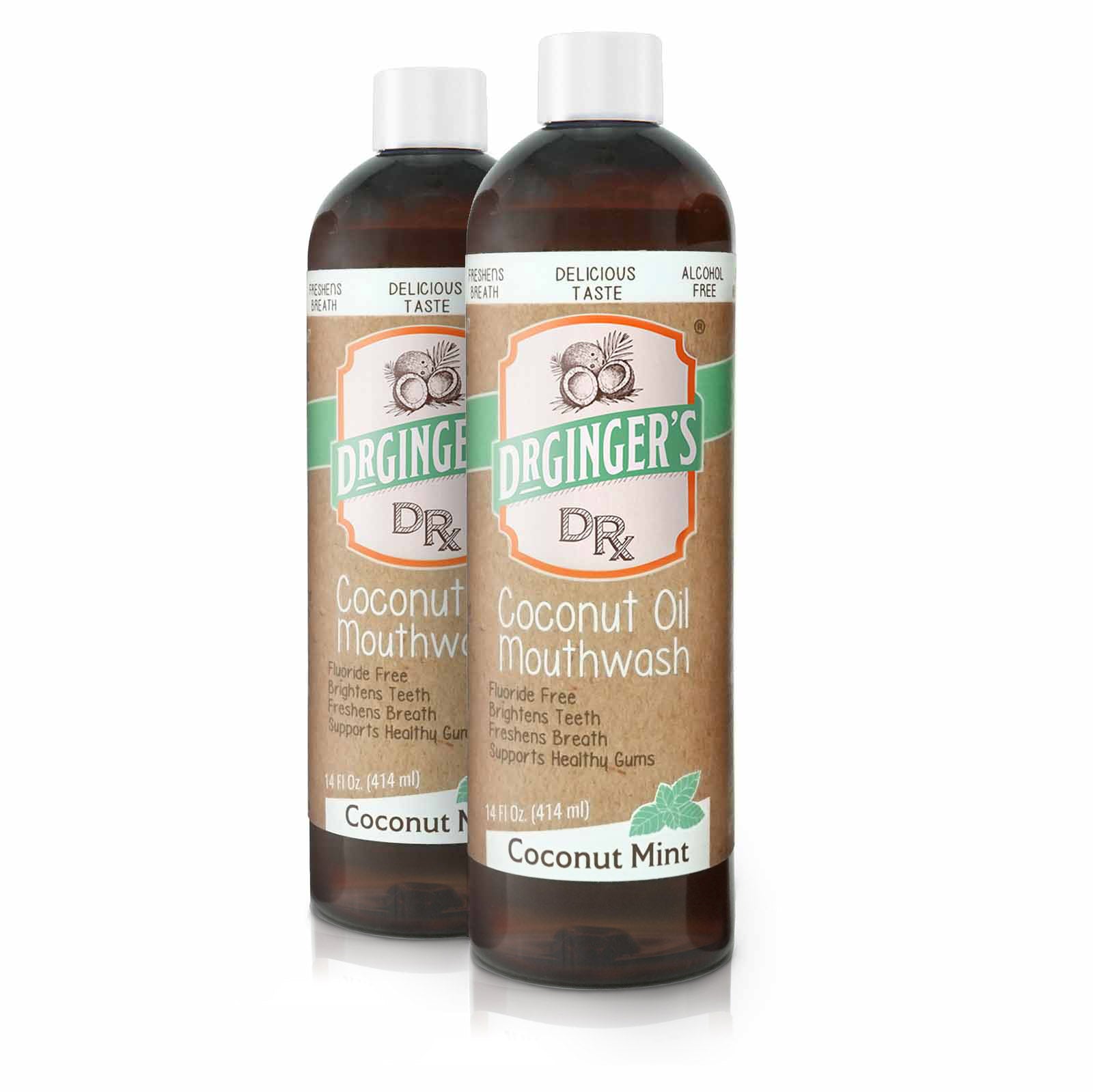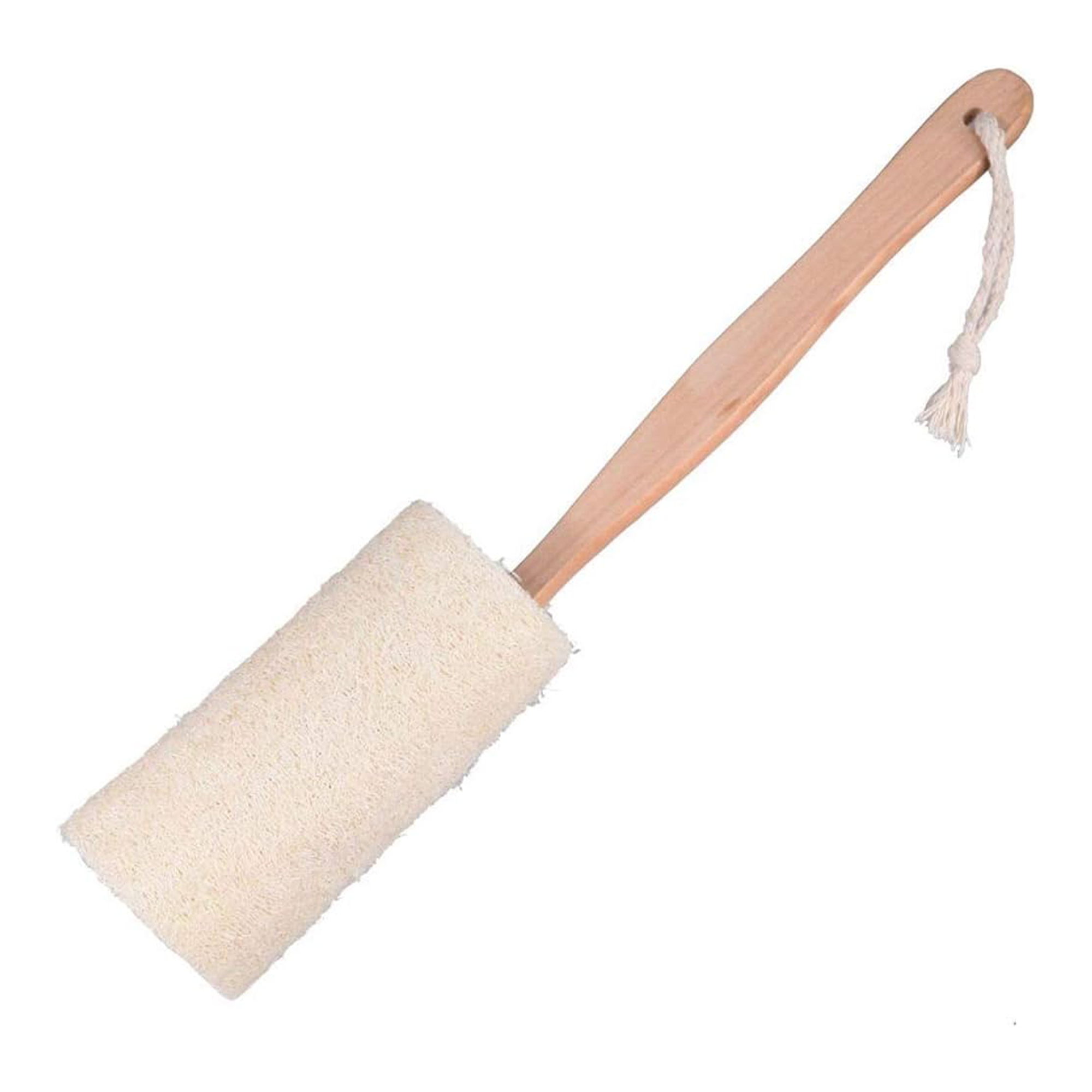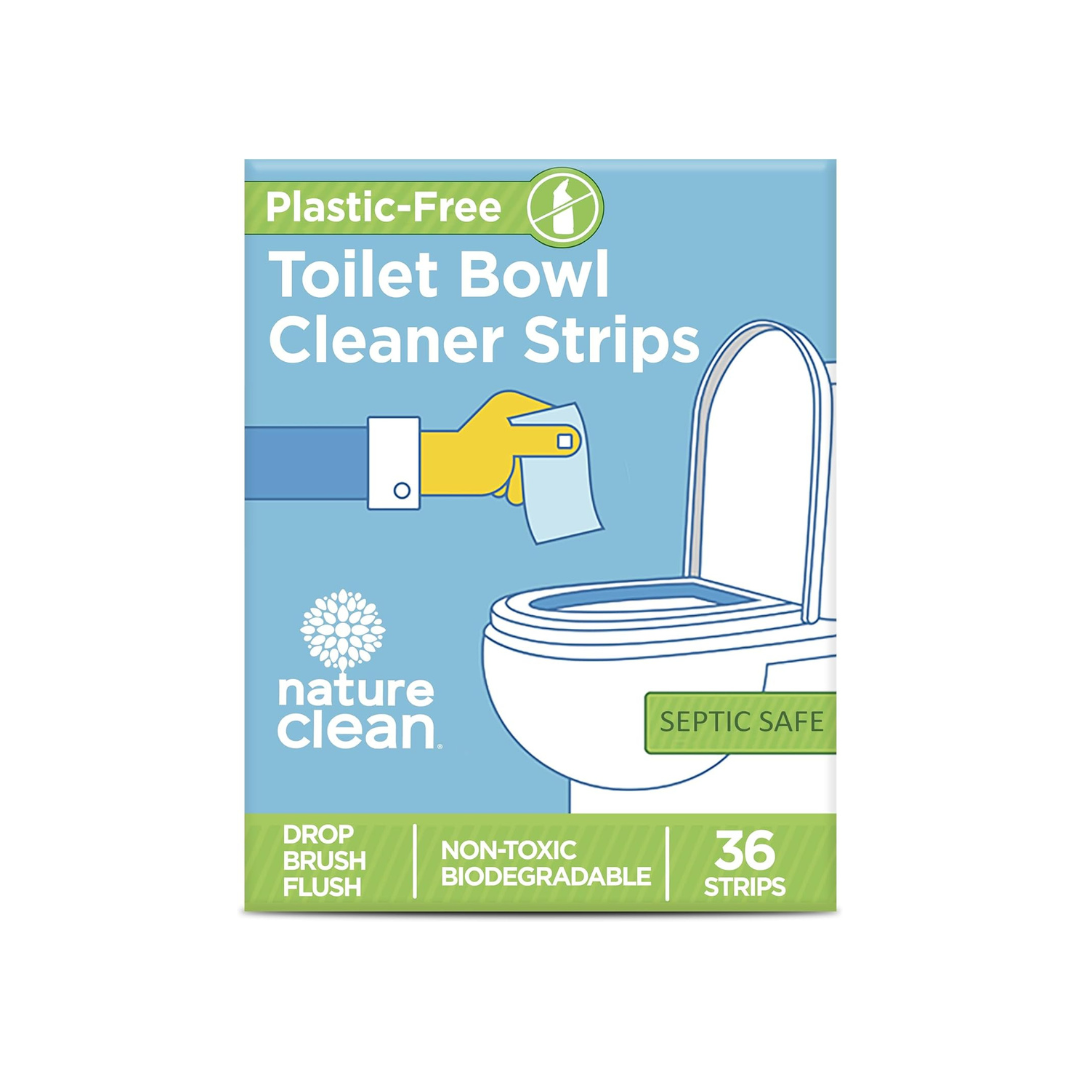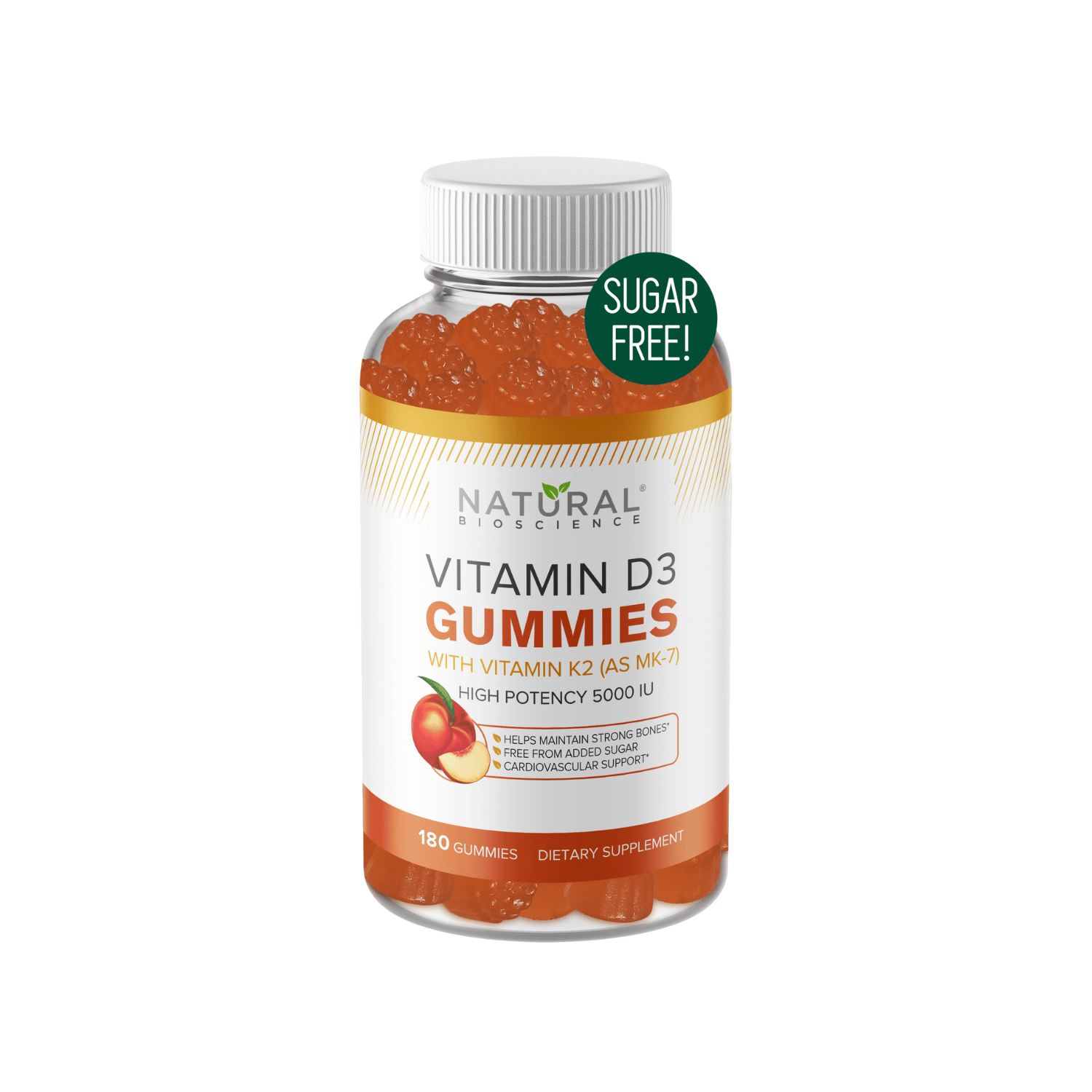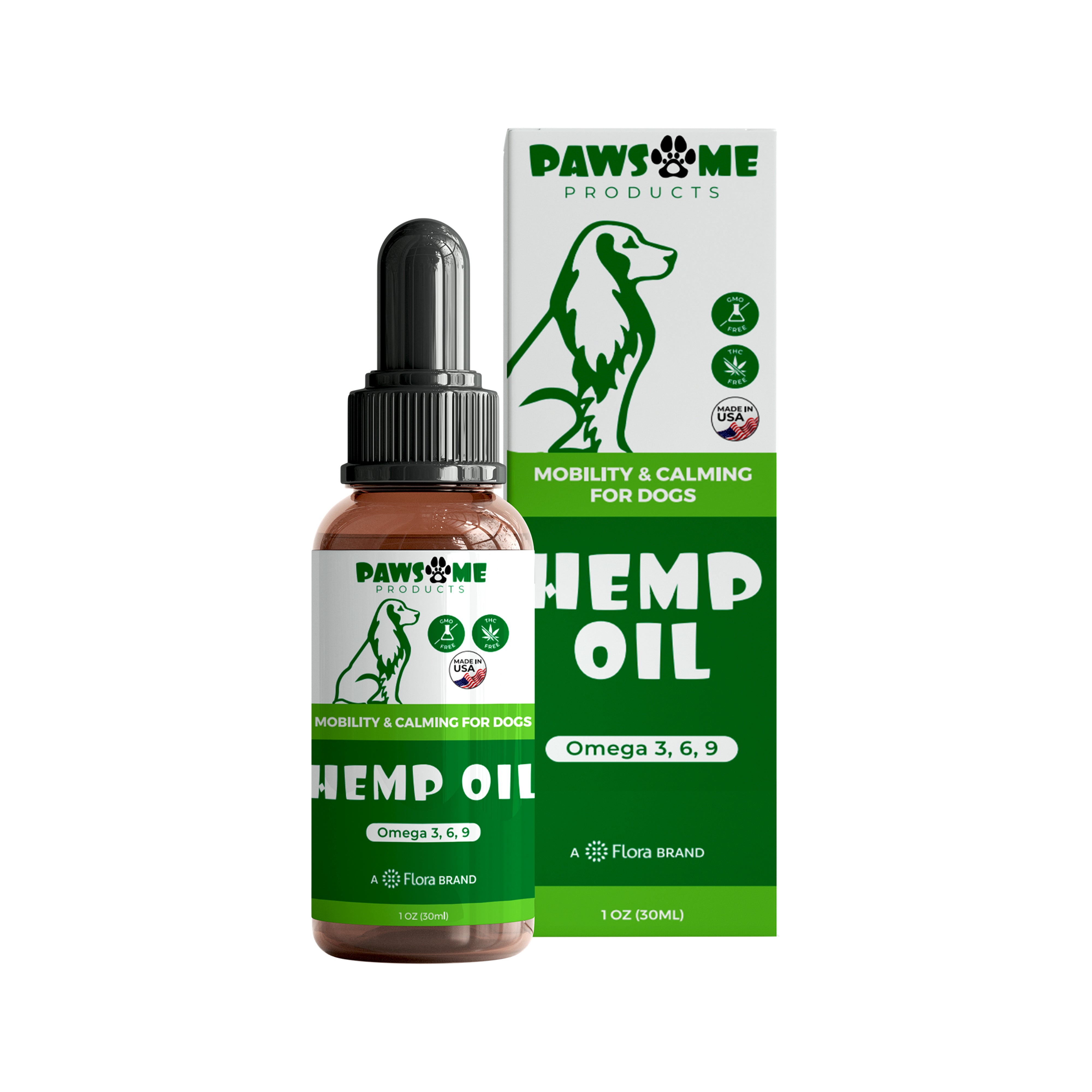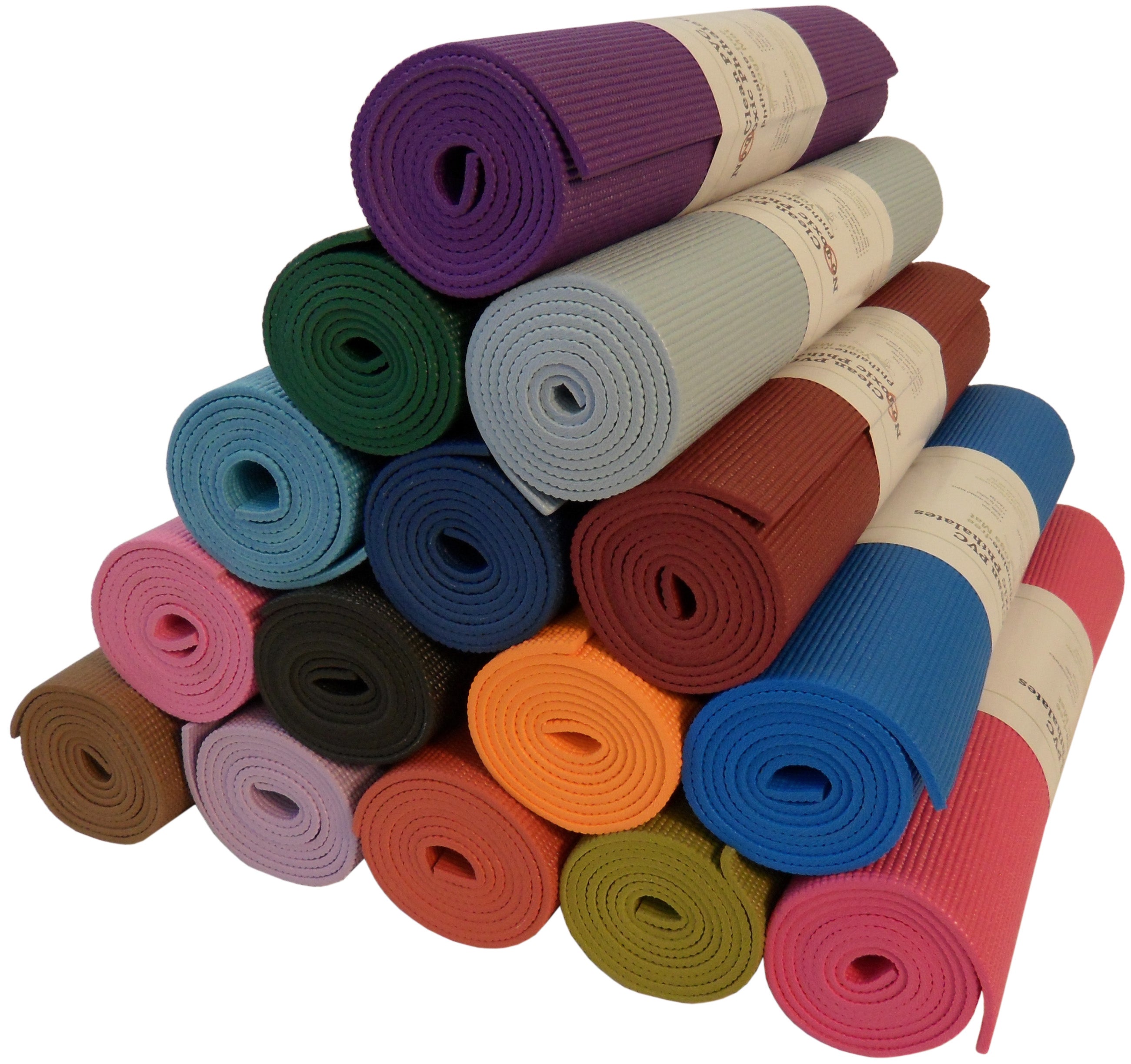Welcome to our ultimate guide to recycling! We're excited to have you here and are thrilled that you're interested in making a positive impact on the planet. Recycling is a simple yet powerful way to help reduce our carbon footprint, conserve energy, and preserve natural resources. Whether you're just starting your journey towards a more sustainable lifestyle or looking to up your recycling game, this guide has got you covered. We'll be discussing everything from recyclable materials and collection methods to common mistakes and how to make recycling smarter. So, let's dive in and discover how we can all contribute to a healthier planet.
Let’s Start With Basics: Which Materials Are Not Accepted In Your Recycling Bin?
1. Plastic bags or recyclables inside plastic bags: While plastic bags and film can technically be recycled, they often get caught in the machinery at recycling plants and can cause damage or delays. It's best to avoid putting recyclables inside plastic bags altogether.
2. Takeaway coffee cups: Most takeaway coffee cups are lined with a thin layer of plastic that makes them difficult to recycle. Plus, the lids are often made of a different type of plastic that is also hard to recycle.
3. Disposable nappies: Disposable nappies are made up of a mix of materials, including plastics and absorbent materials. These materials make them difficult to recycle. They also often contain human waste, which can contaminate other materials in the recycling stream.
4. Garden waste: While garden waste is biodegradable, it's not typically accepted in municipal recycling programs because it can be composted separately. Many cities and towns offer separate curbside collection of yard waste for composting. If you don’t know how to start composting, check our ultimate guide.
5. Polystyrene foam: Polystyrene foam, also known as Styrofoam, is difficult to recycle because it's bulky and lightweight. These make it expensive to transport and process. It can also break down into small pieces that can contaminate the environment.
Tips to Recycle Smarter
1. Avoid putting plastic bags in the recycling bin. They cannot be recycled by trash removal services. Opt for reusable bags instead, and consider recycling plastic bags at participating stores. The company Chico creatively upcycles plastic bags into new products, such as backpacks and totes.
2. Don't assume that all items with a recycling symbol can be recycled. Some items may have a resin stamp indicating what they're made of. It doesn't always mean that it is recyclable. If you want to know about resin stamps, see our post on all about resin ID's. Also, always double-check with your local municipality recycling center before tossing them in the recycling bin.
3. Black plastics cannot be recycled as they're not detectable by the scanners in recycling plants. Improper sorting of black plastics can contaminate other materials.
4. It's important to clean your recyclables before tossing them to avoid contamination and attracting pests. Rinse your items before recycling them to make the process more efficient and hygienic.
Unveiling the Step-by-Step Recycling System of the US
Although there are differences at the local level, a recycling system consists of three steps:
- Collection and processing of recycled materials
- Manufacturing
- Purchasing new products made from recycled materials.
Recyclables are collected from businesses and consumers and sent to a recovery facility for sorting, cleaning, and processing. They are then made into new products at a recycling plant or similar facility. To close the recycling loop, consumers can buy products made from recycled materials, which can be easily recycled and contain post-consumer content. But, not all kinds of recyclables may be collected and processed in every community. It is important to check with the local recycling program before making a purchase.
Remember, recycling is not just about throwing items in the bin with the chasing arrows symbol - it requires careful consideration and attention to detail to ensure that materials are properly sorted and processed.

